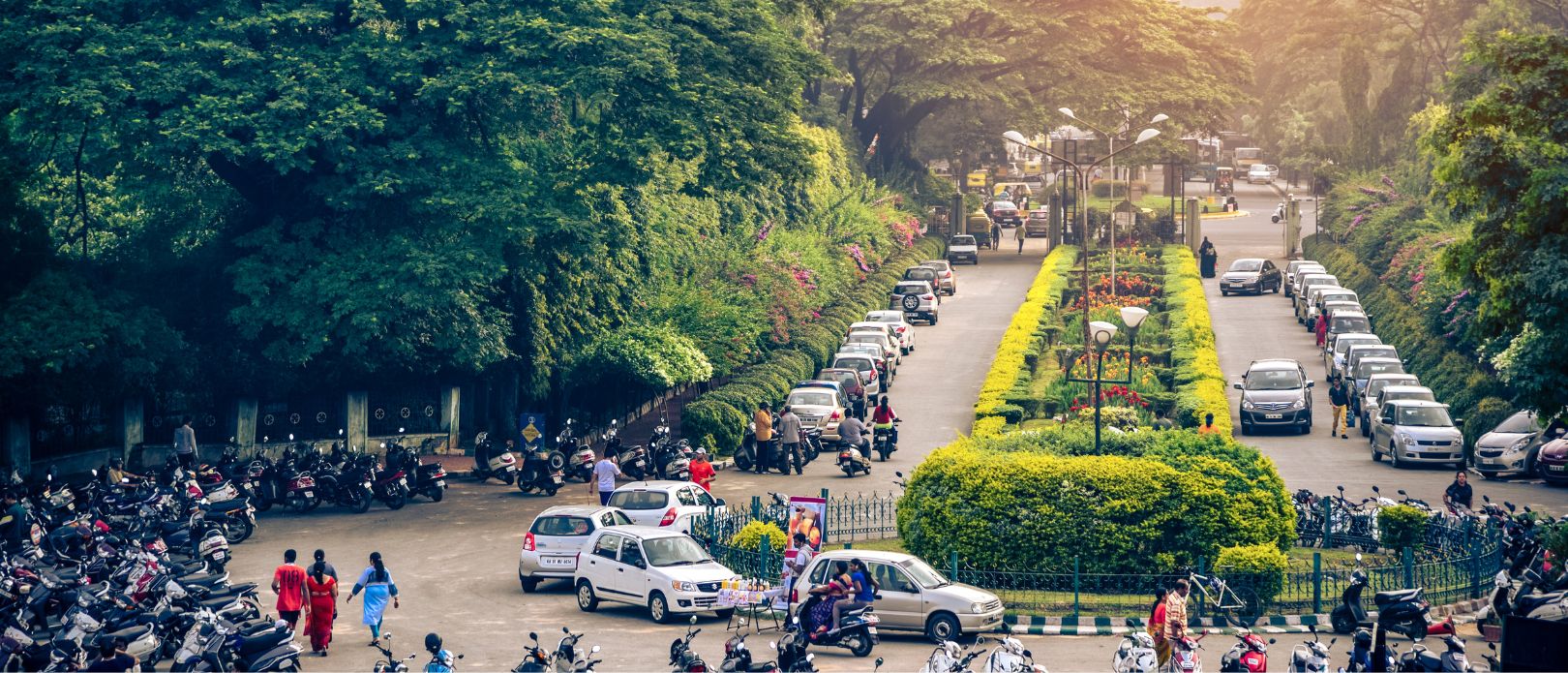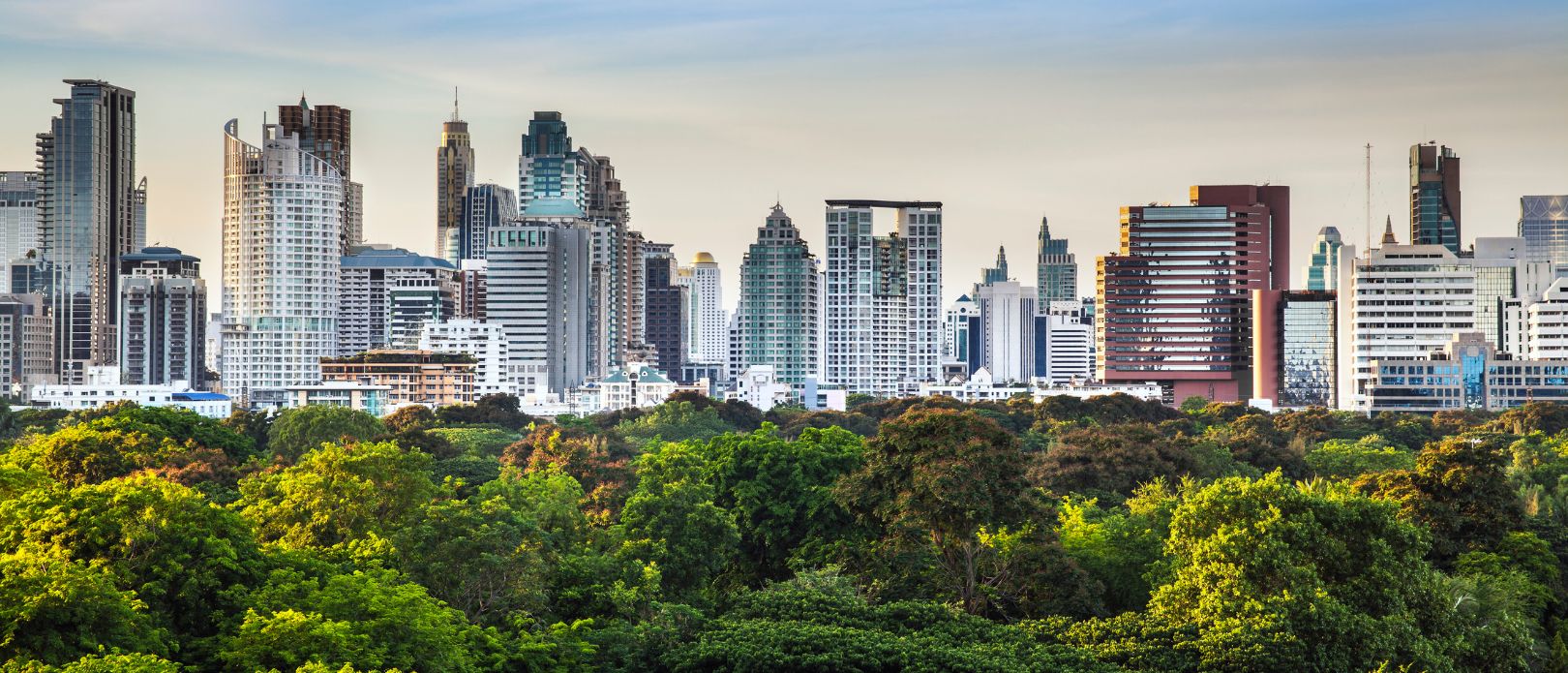Urban ecology
Where is urban ecology headed?

The role of urban ecology is strengthened by recent shifts and linkages to related sciences. Photo: shylendrahoode via Canva.
In the recent Ambio Special Section “Shifts in Urban Ecology” a group of world-leading urban scholars, including professors Erik Andersson and Timon McPhearson reflect on urban ecology and its role in guiding urban development across the diverse realities of global cities.
The five papers in this Special Section synthesize knowledge in complementary ways. First, Andersson et al. (2024) call for employing a wide variety of empirical approaches and sources of knowledge to improve the understanding and sustainability of urban systems. Frantzeskaki et al. (2024) detail how synthesis and integration can promote conceptual and theoretical advances or identify and contribute actionable knowledge to solving societal problems. Grove et al. (2024) show how synthesizing historical, policy, social, and environmental knowledge can help understand the persistence of racial and other social injustices in urban places and help social movements overcome them. Pickett et al. (2024a) point to some of the past syntheses that have advanced urban ecological science and practice and the opportunities to extend the horizon of such syntheses. Finally, Pickett et al. (2024b) step back and reflect on the process behind the Special Section, consolidating ideas from the other articles and re-examining the role of urban ecology.
The synthesis concludes by summarizing the next steps in the ongoing shift in urban ecology, which is fast turning into an integral part of urban studies.
Curious to learn more? Find the whole issue including the special section here »
Frantzeskaki, N., Pickett, S.T.A. & Andersson, E. 2024. Shifts in urban ecology: From science to social project. Ambio, 53, 809-812.








